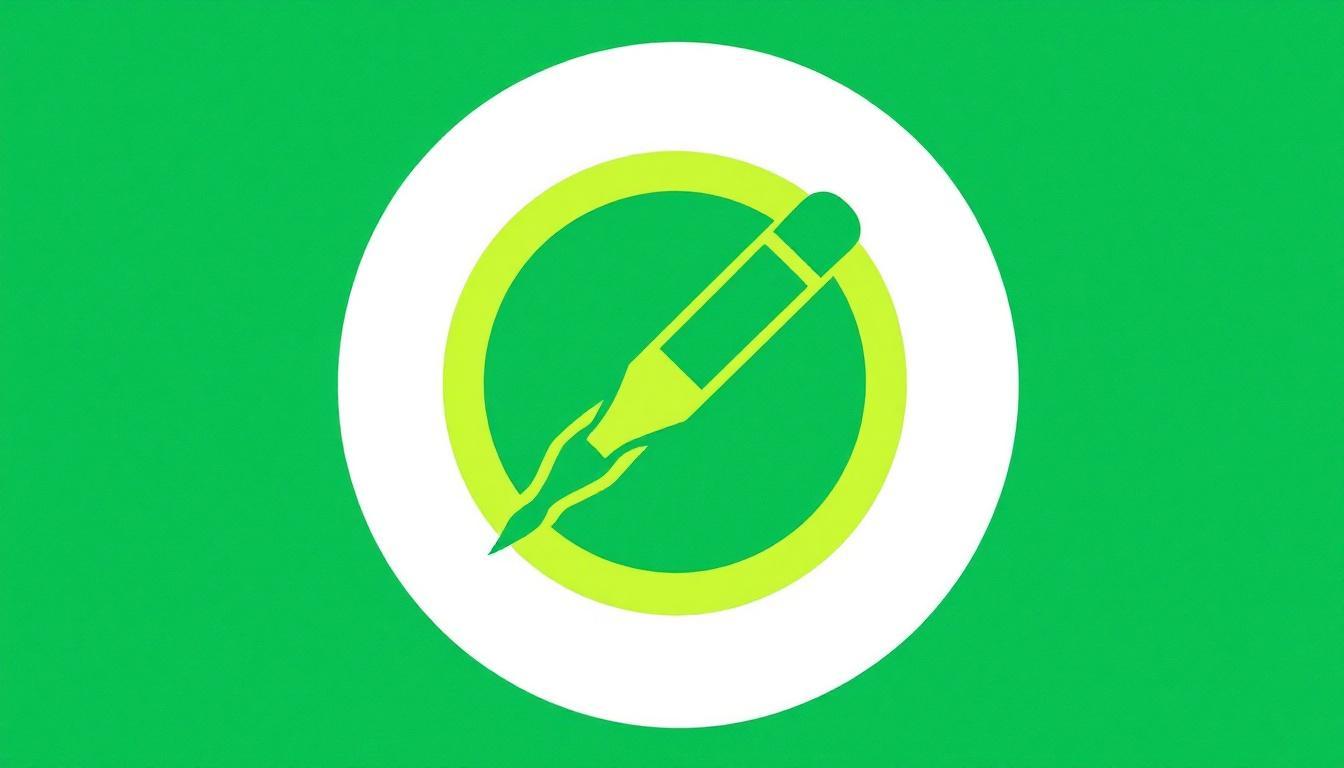The UK is taking steps to address the growing legal challenges at the intersection of artificial intelligence (AI) and copyright, with new expert working groups formed to find practical solutions. These groups bring together figures from the creative industries and tech sector to develop approaches that support innovation while safeguarding creators’ rights.
Part of the government’s Plan for Change and Modern Industrial Strategy, the initiative acknowledges the importance of both sectors to UK economic growth. Participants include the News Media Association, the Alliance for IP, Sony Music Entertainment, the Publishers Association, The Guardian, and technology firms such as OpenAI, Amazon and Meta. Their early meetings in London have focused on transparency, licensing and the wider impact of AI on creative work.
The working groups follow a major consultation launched in December, which drew over 11,500 responses. The consultation explored how copyright law can evolve to meet the twin aims of encouraging AI development and ensuring creators retain control over their work. Key topics included transparency in AI training data, improved licensing systems and technical standards to guide responsible use.
Science Secretary Peter Kyle said the government is committed to delivering legal clarity that benefits both creatives and AI developers. He described the working groups as a “fresh start” for constructive collaboration. Culture Secretary Lisa Nandy echoed this message at the Media & Telecoms 2025 and Beyond Conference, pledging to support human creativity through enforceable legislation built on trust and balance.
A central focus is improving how creators control the use of their work in AI systems. Proposals include greater transparency around how AI developers use copyrighted material and new licensing frameworks that offer clearer permissions and restrictions. One option under review is a “rights reservation” mechanism, allowing creators to opt out of AI training use—a move designed to respect individual choices without stifling innovation.
The government is also exploring a new 'right to personality' aimed at protecting individuals from unauthorised use of their voice, image or likeness in AI-generated content. This measure reflects growing concerns over misuse of identity and artistic integrity in the digital era.
The initiative seeks to balance economic opportunity with cultural protection. By fostering structured dialogue between creatives and developers, the UK hopes to lead in ethical AI development while ensuring its creative industries continue to thrive. The strategy represents a collaborative path forward—one that aims to secure long-term benefits for both sectors and the wider public.
Created by Amplify: AI-augmented, human-curated content.
Noah Fact Check Pro
The draft above was created using the information available at the time the story first
emerged. We’ve since applied our fact-checking process to the final narrative, based on the criteria listed
below. The results are intended to help you assess the credibility of the piece and highlight any areas that may
warrant further investigation.
Freshness check
Score:
8
Notes:
The UK government has been actively addressing AI and copyright issues since December 2024, with a consultation launched on 17 December 2024. ([gov.uk](https://www.gov.uk/government/news/uk-consults-on-proposals-to-give-creative-industries-and-ai-developers-clarity-over-copyright-laws?utm_source=openai)) The formation of expert working groups on 16 July 2025 indicates ongoing efforts. ([gov.uk](https://www.gov.uk/government/news/creative-and-ai-sectors-kick-off-next-steps-in-finding-solutions-to-ai-and-copyright?utm_source=openai)) The narrative aligns with these developments, suggesting it is current and not recycled.
Quotes check
Score:
9
Notes:
The quotes attributed to government ministers Peter Kyle and Lisa Nandy are consistent with their public statements during the launch of the working groups on 16 July 2025. ([gov.uk](https://www.gov.uk/government/news/creative-and-ai-sectors-kick-off-next-steps-in-finding-solutions-to-ai-and-copyright?utm_source=openai)) No discrepancies or earlier appearances of these quotes were found, indicating originality.
Source reliability
Score:
9
Notes:
The narrative originates from the Innovation News Network, which is not widely recognised. However, the information aligns with official UK government press releases and reputable news outlets, suggesting a reasonable level of reliability. The involvement of well-known organisations like the News Media Association, Sony Music Entertainment, and The Guardian adds credibility.
Plausibility check
Score:
9
Notes:
The narrative's claims about the UK government's initiatives to address AI and copyright issues are consistent with recent developments, including the consultation launched in December 2024 and the formation of expert working groups in July 2025. ([gov.uk](https://www.gov.uk/government/news/uk-consults-on-proposals-to-give-creative-industries-and-ai-developers-clarity-over-copyright-laws?utm_source=openai), [gov.uk](https://www.gov.uk/government/news/creative-and-ai-sectors-kick-off-next-steps-in-finding-solutions-to-ai-and-copyright?utm_source=openai)) The involvement of major industry players and the focus on transparency and creators' control over their works are plausible and align with ongoing discussions in the sector.
Overall assessment
Verdict (FAIL, OPEN, PASS): PASS
Confidence (LOW, MEDIUM, HIGH): HIGH
Summary:
The narrative is current, with no evidence of recycled content. The quotes are original and consistent with recent statements from government ministers. While the source is not widely recognised, the information aligns with official UK government press releases and reputable news outlets, and the claims are plausible and supported by recent developments in the sector.
